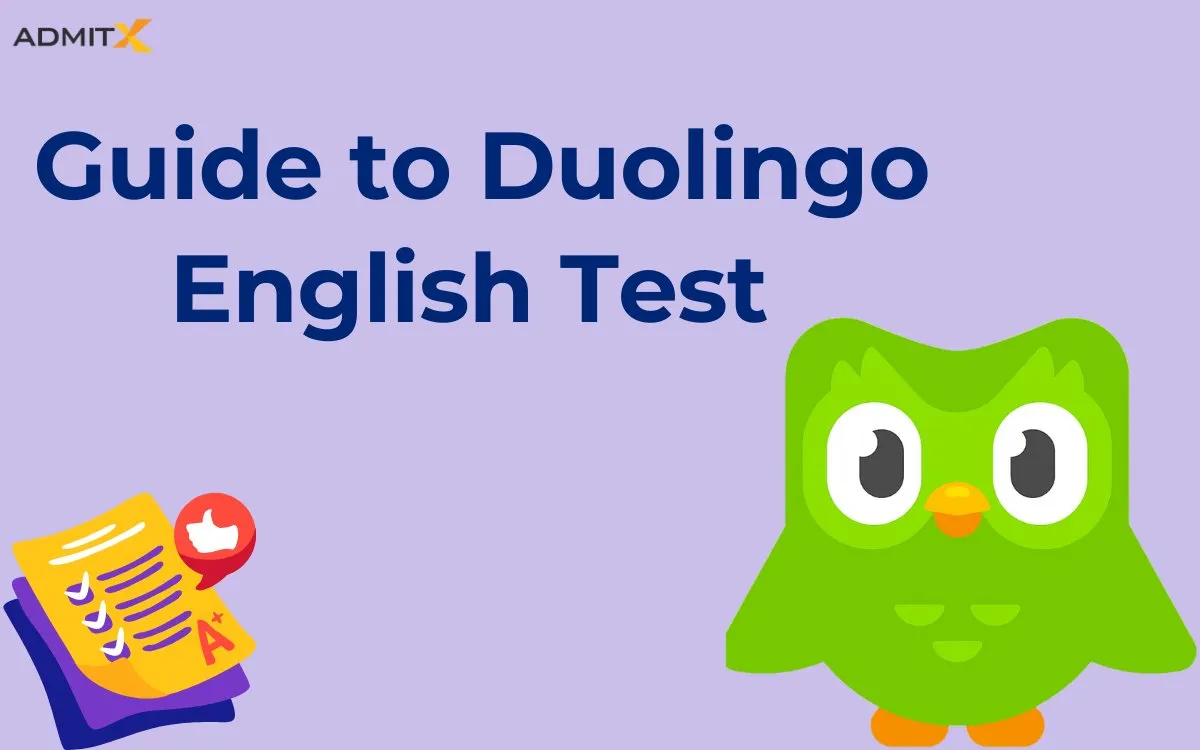The GMAT Focus Edition is a new version of the GMAT exam that has been introduced recently. It is designed to be a shorter and more focused version of the current GMAT.
In this blog, we will discuss the similarities and differences between the traditional GMAT exam and the new GMAT Focus Edition.
What is GMAT?
The GMAT (Graduate Management Admission Test) is a standardized exam that is widely used as part of the admissions process for graduate management programs, such as MBA (Master of Business Administration) programs. It is designed to assess the skills and abilities necessary for success in business school.
The GMAT is administered by the Graduate Management Admission Council (GMAC) and is conducted in English. It consists of four main sections:
Analytical Writing Assessment (AWA)
This section requires GMAT test-takers to analyze an argument and write an essay conveying their analysis and reasoning. It assesses the ability to critically evaluate arguments and express ideas effectively.
Integrated Reasoning (IR)
This section measures the ability of GMAT aspirants to evaluate and interpret information presented in various formats, such as graphs, tables, and multi-source data. It tests skills in data analysis, synthesis, and problem-solving.
Quantitative Reasoning (Quant)
This section evaluates mathematical and quantitative skills required for GMAT. It includes questions on arithmetic, algebra, geometry, and data analysis. The Quant section assesses the ability to reason quantitatively and solve problems using quantitative methods.
Verbal Reasoning (Verbal)
This section measures the ability to understand and evaluate written material, draw inferences, and identify the main ideas. It includes questions on reading comprehension, critical reasoning, and sentence correction.
Click to study more about GMAT
What is GMAT Focus Edition?
GMAC has introduced a new version of GMAT which is more :
Efficient
GMAT Focus Edition includes only three 45-minute sections and no essay; it is almost an hour shorter than the current version of the GMAT.
Flexible
Improvements to the candidate experience include the introduction of the Question Review & Edit feature, more candidate score sending control and flexibility, and increased options for section order selection.
Insightful
After the exam, candidates can leverage detailed insights through an improved Official Score Report to assess their strengths and focus area.
Differences between GMAT and GMAT Focus Edition
| Criteria | GMAT | GMAT Focus edition |
|---|---|---|
| Structure | 4 sections (80 questions), completed in a choice of 3 section orders: Quantitative Reasoning, Verbal Reasoning, Integrated Reasoning, Analytical Writing. | 3 sections, 64 questions,Quantitative Reasoning. Verbal Reasoning, Data Insights.no writing assessment |
| Duration | More than 3 hours | 2 hours, 15 minutes |
| Review & Edit | Not applicable | Bookmark and review as many of your answers as you want, and you can change up to 3 responses per section |
| Score Validity | 5 years | 5 years |
| Exam attempts | 5 attempts permitted in a rolling 12-month period and 8 attempts in a lifetime across both exam versions. | 5 attempts permitted in a rolling 12-month period and 8 attempts in a lifetime across both exam versions. |
Content Changes in Quantitative and Verbal Sections
The GMAC has now announced the content changes in the exam to help the students plan their preparation strategy. Here are the major changes in the quant and verbal sections of the new GMAT:
Changes in the GMAT Verbal section
Sentence Correction questions will be entirely removed, and only Reading Comprehension and Critical Reasoning questions will be featured. This new structure aims to test students’ comprehension, analysis, and reasoning abilities more effectively. Additionally, the Verbal section will now have 23 questions instead of the previous 36.
Changes in the GMAT quantitative section
The Quantitative section will only feature Problem-Solving questions, and Data Sufficiency questions will be moved to the newly introduced Data Insights section. Also, this section will no longer test Geometry. Instead, it will focus on arithmetic and algebra. Further, it will now have 21 questions, completely based on problem-solving.
Can I send my score to colleges for free after they have received their scores?
YES, by giving the new GMAT Focus Edition you can send your scores for free to any five colleges in both online and offline exams, unlike from the current version of GMAT. This means that test-takers do not have to pay for additional score reports, saving them money in the long run.
Can I choose my own section order on the new GMAT Focus Edition?
YES! You can do the three sections (Quantitative Reasoning, Verbal Reasoning, and Data Insights) in any order you’d like.
Ready to take your career to new heights through studying abroad?
Look no further! AdmitX is here to support and guide you on your journey to acing the GMAT exam.
Contact us today to secure admission to your dream international business school.





Permalink